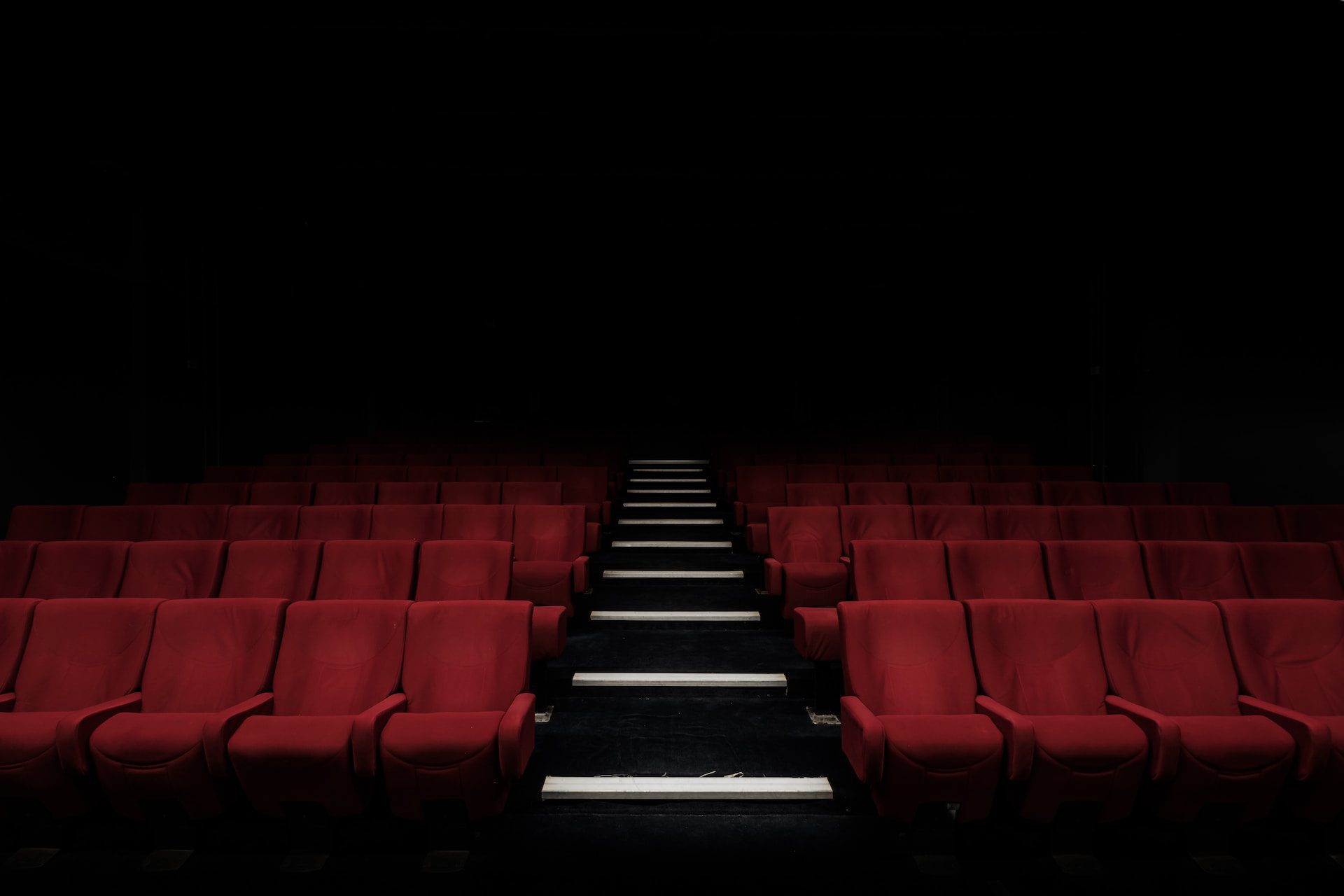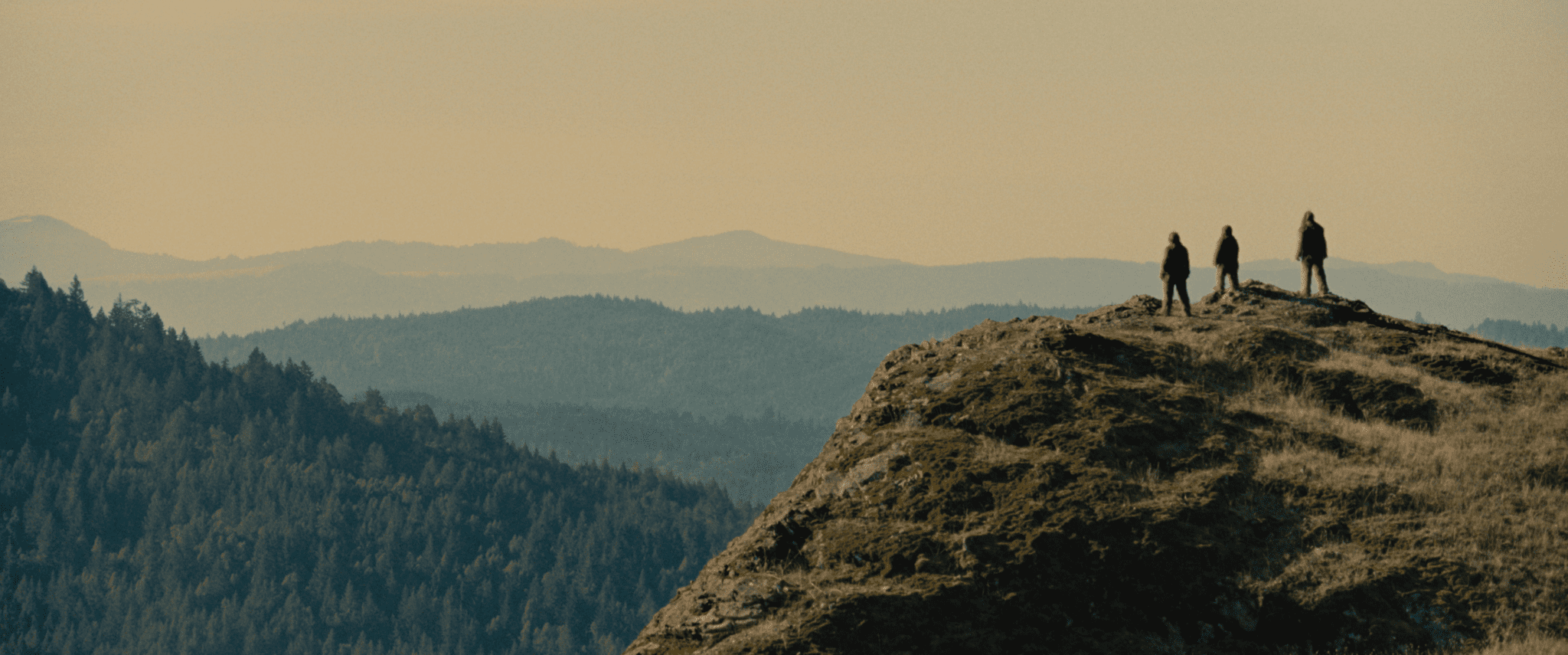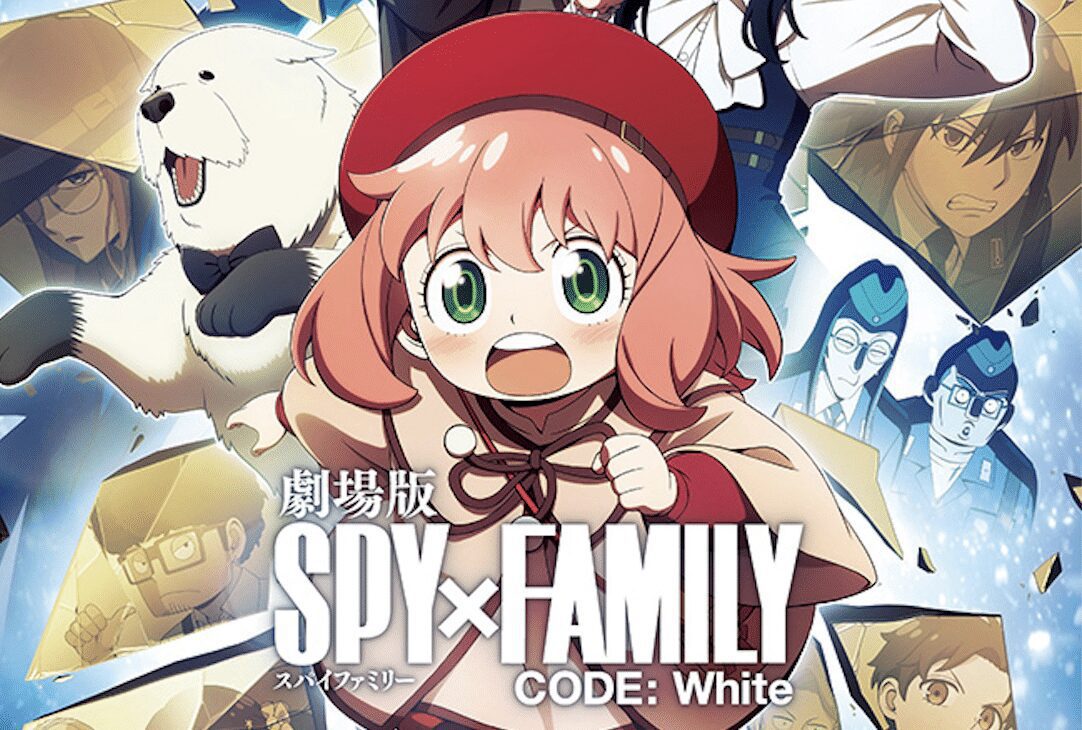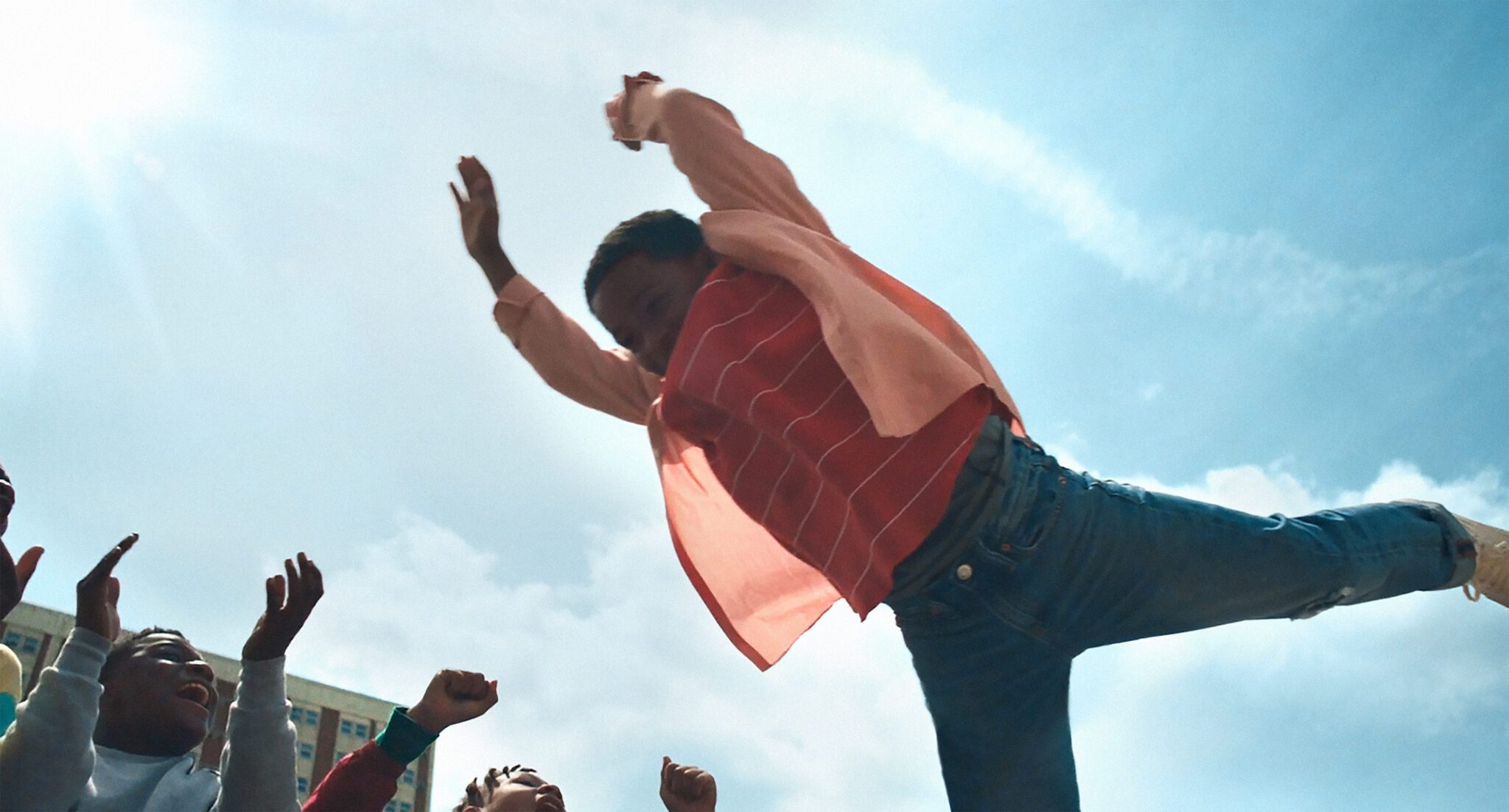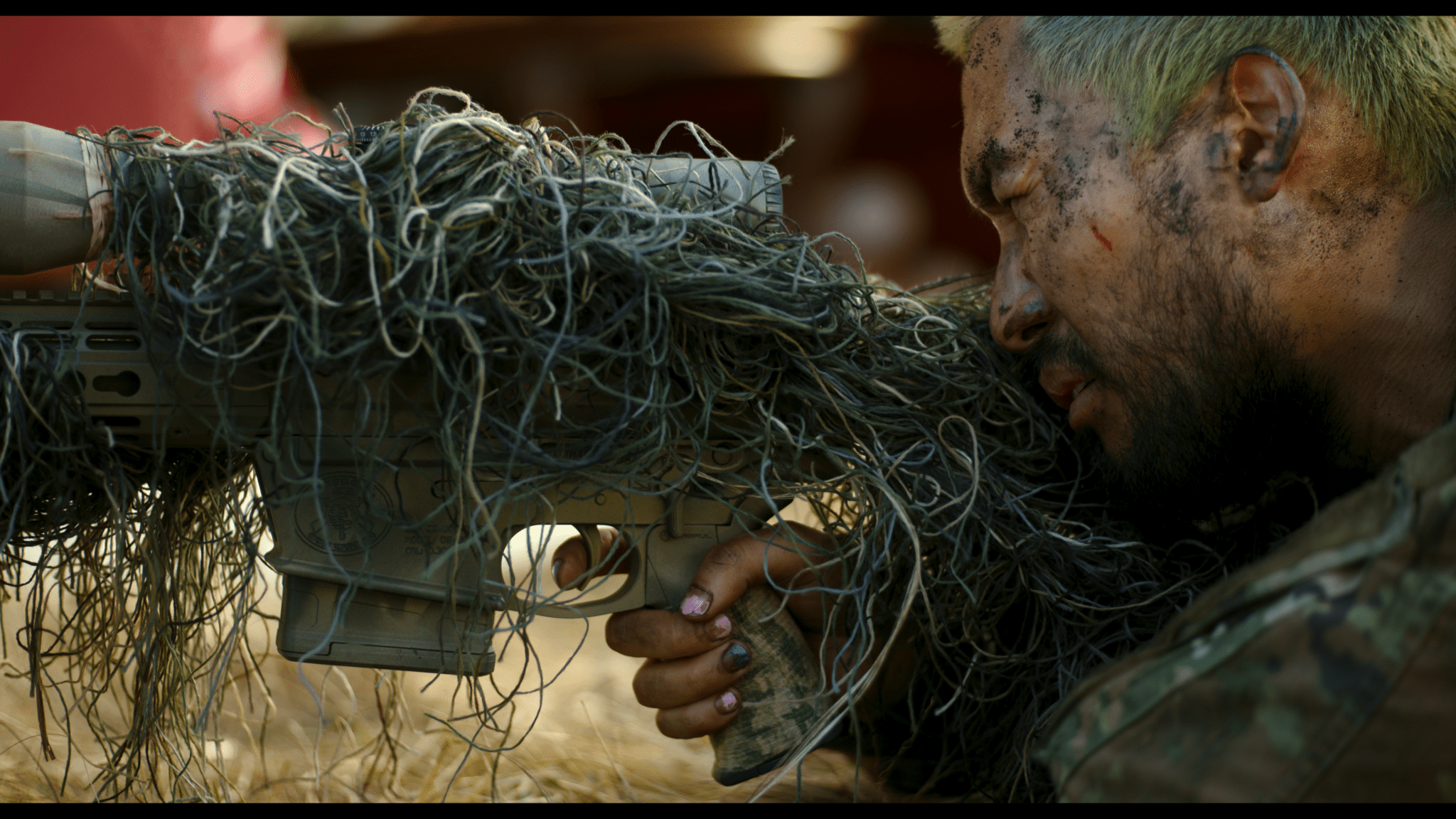Why is there still genocide? Supposedly the nations of the world have said ?Never again.? And yet, it continues in so many places while the world stands by and watches?often wringing our hands nervously. Israeli documentarian Dror Moreh?s The Corridors of Power offers us a compelling look at US foreign policy vis ? vis genocide since the end of the Cold War. He does so with compelling interviews with many people within several administrations who were in the rooms where the decisions of action or inaction were being made.
Following the Holocaust, one of the early acts of the United Nations was to adopt The Convention on the Prevention and Punishment of the Crime of Genocide. It creates an obligation on nations to act when genocide is happening. This film focuses on the US since the fall of the Soviet Union because at that point, America was left as the sole global superpower. Yet only occasionally has the US acted to stop genocide.
The film includes genocides in Iraq and Somalia (under the Reagan and George H. W. Bush administrations), the Balkans, Bosnia, and Rwanda (under the Clinton administration), and Libya and Syria (under the Obama administration) In a Q&A at AFI Fest, Moreh noted that his beginning point for this film was wondering why the US acted in Libya, but not Syria. While he may seem to have a thesis that the US should act to stop genocides when they are discovered, he also shows that the decisions to act or not are complex.
It was educational to watch the evolution of President Clinton on this question. Early in his administration, he would constantly seek consensus on these questions. It was only after a few years that he took it upon himself to make a clear decision to act.
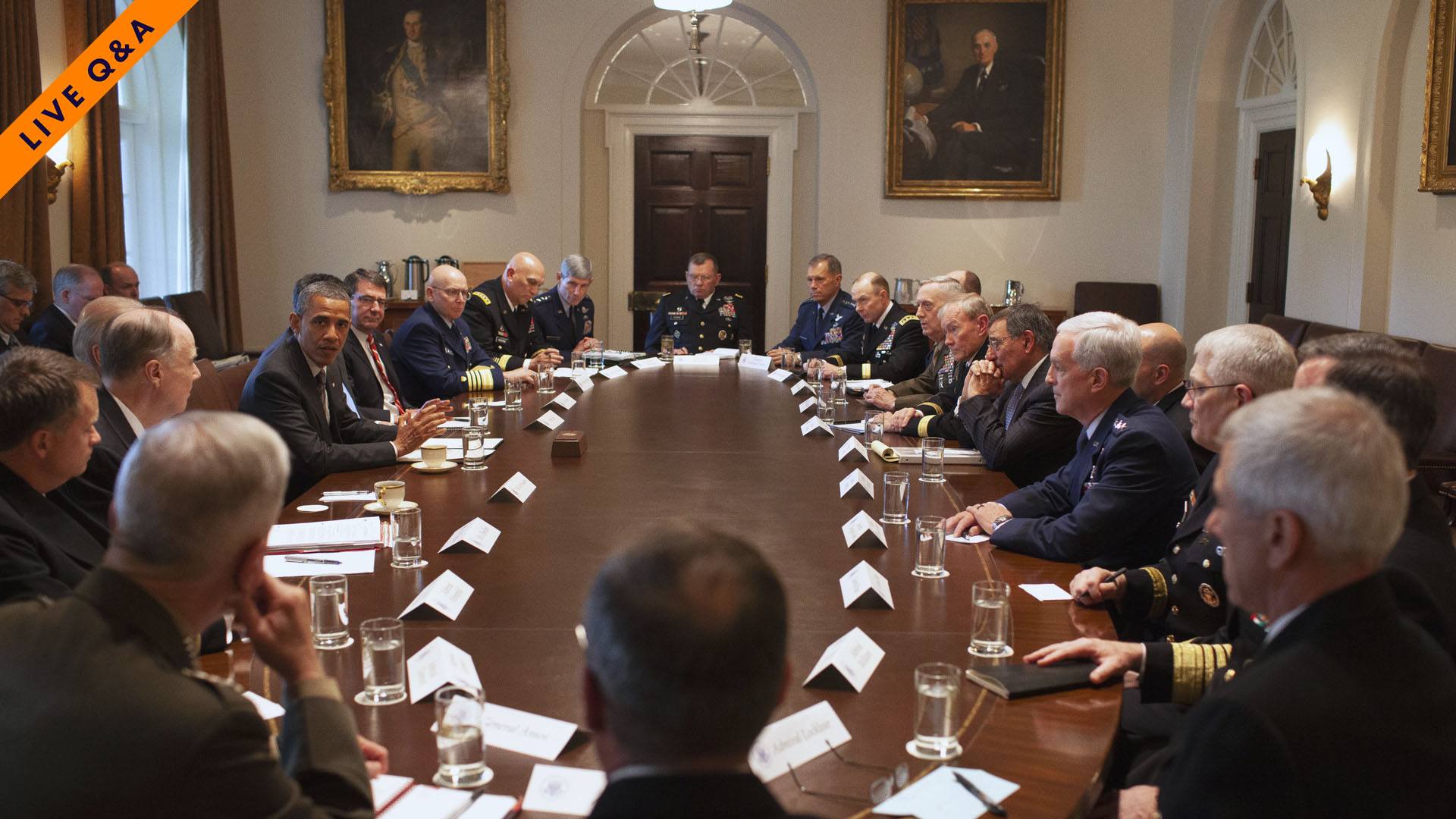
Moreh has interviewed a who?s who of US political power, including Colin Powell, Henry Kissinger, Hilary Clinton, James Baker, Michael Mullin, Wesley Clark, Leon Panetta, Paul Wolfowitz, Anthony Blinken, John Shattuck and many others who speak about the situations and what went into the decisions that were made.
The real star, however, is Samantha Power. Power won the Pulitzer Prize for her book A Problem from Hell: America and the Age of Genocide. She recounts her early involvement as a reporter during the Balkan civil wars and how that pointed her to focus on genocide and human rights. She went on to serve on President Obama?s National Security Council, and then as Ambassador to the UN. Power was in many ways the moral conscience in the discussion of responding to genocide. She constantly made the case that people and nations need to be ?upstanders? rather than ?bystanders?. This is seen especially in archival footage of her in the Security Council verbally shaming the Russian and Chinese for vetoing action.
We see in the film that the question to respond is not as simple as we might think. There are questions of morality, of practicality, and of politics, both domestic and geopolitical. The film really focuses on the White House and what happened there. It doesn?t really get into other political questions. For example, he noted that in regard to action in Syria, President Obama felt he needed Congressional authorization. However, we don?t see anything about the resistance he faced in getting that authorization. There were also other nations that were also failing to act in that situation, as well as the power of Russia and China to block action in the UN.
It should be noted that there are brutal scenes in the film. It includes archival footage of horrific scenes from Rwanda and Bosnia. It is not just the dead bodies (of which there are many) but also film of the actual murdering of civilians. It is terrible to watch?but perhaps that is the point: we need to see it; to turn away is a moral failing.
Moreh noted in the Q&A that he felt that those who were interviewed had heavy consciences about the issue and their part in the decisions that were made. It is not so much a matter of guilt as perhaps a feeling of helplessness. There are so many factors involved in the issue that we may feel that the issue is just too hard to deal with. And yet, the words need to continue to be said: Never again! And we need as the people of the world to be upstanders.

